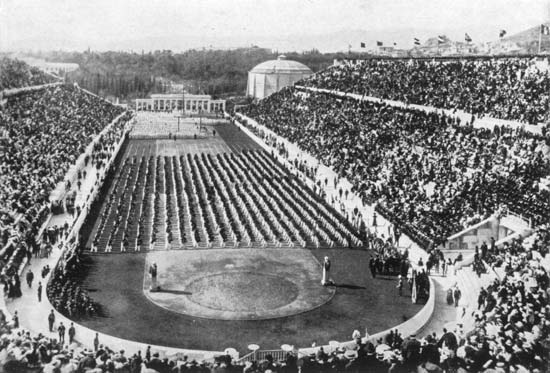As the world prepares to beat the drum together with Brazilian bossa nova and kick up their heels for the most awaited sports festival, let`s look back at the history of how it originated and evolved to become every athlete`s castle in the sky.
The Olympic Chronicle
The Olympics date back as far as 776 B.C. which is when the first written evidence of the sports festival is found. According to the history books, it is said that a cook by the name of
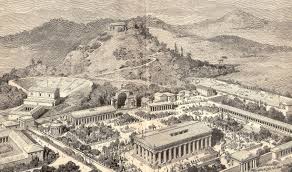
Coroebeus won the maiden event which was a 192m footrace by the name of “Stade” (The original word form of Stadium). Thus, Coroebus became the first Olympic Champion.
However, legend says that the Roman, Hercules, also known as Heracles, son of god Zeus and the mortal woman Alcmene, founded the games by the end of 6th century BC which from then on went on to become one of the most famous sporting festivals of Ancient Greece. The ancient Olympics were held during a religious festival honouring the god Zeus every four years from August 6th to September 19th.
Visit the Rio 2016 Olympics HUB
The name “Olympics” has been derived from the ancient city of Olympia which is a sacred site located on the western coast of the Peloponnesian peninsula in southern Greece. It is said that ancient historians began to measure time by the four-year increments in between Olympic Games which were known as Olympiads.
Romans halt Olympics
With the Roman Empire expanding its territory, they conquered Greece in the mid-2nd Century B.C. Even after the invasion the games did continue but the standards of the festival maintained by the Greeks dropped down as the games started becoming politicised.
In the Olympic Games in the year 67 A.D, Roman Emperor Nero participated in the chariot
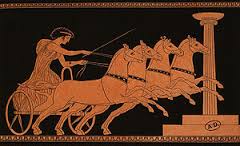
race and declared himself as the winner even after he fell off his chariot in the middle of the race; which is a clear example of the quality decline in the games. It declined further when Emperor Theodosius I banned all “Pagan” (wheel of the year) festivals ending a tradition which prevailed for nearly 12 centuries.
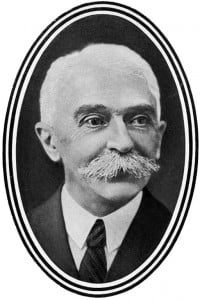
France revives Olympic Games
After nearly a millennium and a half, the games’ standards were brought back and raised once again, as a result of the efforts of Baron Pierre De Coubertin of France. He was dedicated to promoting physical education and the young gentleman was inspired to recreate the Olympic tradition after visiting the ancient Olympic site in Greece.
Union des Sports Atheltiques in Paris held a meeting in 1892 where Coubertin proposed the
idea of reviving the Olympics as an international athletic competition held every four years. Two years later he got the approval that was needed to instate the International Olympic Committee (IOC), which eventually became the governing body of the modern Olympic Games.
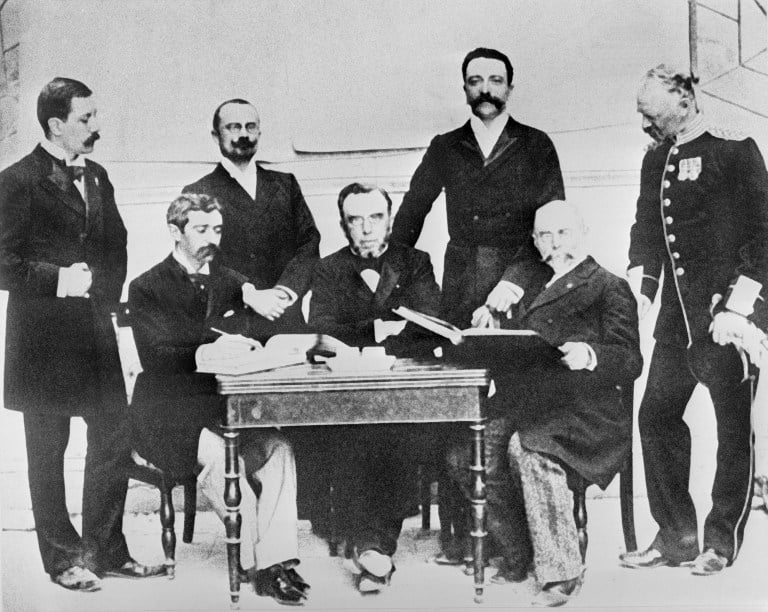
After the initiation of the IOC
The first modern Olympic Games were held two years after the IOC was founded. In 1896, it was brought back to the land of its fathers as it was held in Athens, Greece. In the opening ceremony King Georgios I and a crowd of 60,000 spectators welcomed 280 participants from 13 nations who competed in 43 different events which included; track and field, gymnastics, swimming, wrestling, cycling, tennis, weightlifting, shooting, and fencing.
The games have been brought to a temporary halt twice in its history, during the two World Wars in 1916 and from 1940-1944.
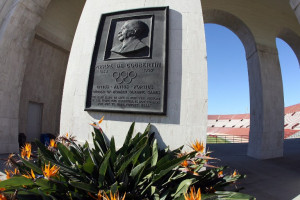
It was in 1924 that the games truly took off as an international sporting event when the VIII Games were held in Paris once again, featuring the first closing ceremony of the event. A number of 3000 athletes participated in the games representing 44 nations around the world.
The rich history of the games as seen here contribute to it being every athlete’s ultimate dream.

